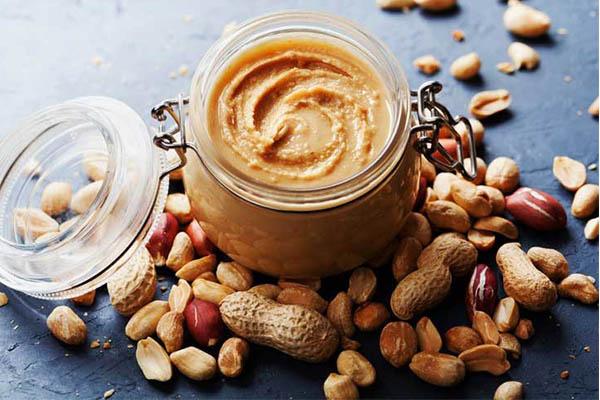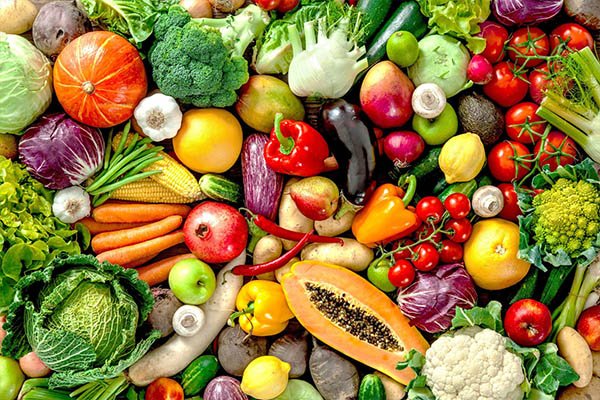Best Diet For Winter:- The colder months can be a challenge when it comes to staying healthy, because your eating habits tend to change.
As you spend more time indoors and keep cozy by the fire, you might find it difficult to stay on track with your diet.
Moreover, there are certain challenges that are specific to this season and can make things trickier if you don’t plan ahead. For example,
it’s harder to stay active when it’s cold outside, which means there’s a tendency to gain weight during winter. Another potential pitfall is that holiday feasts remain an integral part of winter festivities in many cultures.
-So what should you do in order to eat well throughout the rest of the year? Let us give you some tips!
Best Diet For Winter
1) Stay hydrated at all times
This may seem like a silly suggestion, but dehydration can lead to a variety of health issues. In addition to making you feel tired, this condition can lead to headaches and a foggy brain, which makes it harder to focus and retain information.
You might also notice that your skin looks less radiant and has a scaly appearance if you aren’t getting enough water. To stay hydrated,
make sure you’re drinking at least eight cups of water per day, even more if you’re exercising or living in a warm climate.
You can also add a squeeze of citrus to your water to make it more refreshing and provide extra vitamins and minerals.
2) Don’t be afraid of protein
Many people think that protein is exclusively for athletes who are trying to bulk up and that the rest of us don’t need to worry about it. The truth is that everyone needs a certain amount of protein in their daily diet,
because it’s needed for a variety of bodily functions. Protein is responsible for building and repairing muscle tissue and helping the body to maintain a healthy immune system.
A deficiency in this macronutrient can lead to poor healing, fatigue and an increased risk of infection. You can get the recommended daily amount of protein by eating a balanced diet that includes a variety of foods, such as fruit, vegetables, nuts, seeds, legumes, eggs and tofu.

3) Watch your carbs
Winter is the perfect time to increase the amount of whole grains you eat. But what exactly are grains? Grains are staple foods that are a primary source of carbohydrate and protein in many world cuisines.
Examples include rice, bulgur, oatmeal, quinoa and whole-wheat pasta. They’re all healthy choices, but you should be careful to not overindulge in them.
If you eat too many carbs, you may gain weight, experience fluctuations in energy levels and feel lethargic. Carbohydrates are an essential part of any diet and provide you with energy,
but you should be careful not to consume too many of them. The recommended daily amount is 45-65% of your overall energy should come from carbohydrates, while the rest comes from fat and protein.
4) Be mindful of fats
Cold weather is a great time to indulge in foods that contain healthy fats. Some of the best choices are avocado, olive oil, coconut oil, peanut butter and nuts. You can also get omega-3 fatty acids from fish like salmon, tuna and herring.
These fats are good for the heart and are believed to protect against certain types of cancer. Fat is an essential part of your diet because it plays an important role in many bodily functions, including metabolism,
immune function and inflammation. It’s important to note, however, that not all fat is good for you. Some fats, like trans fats and saturated fats, can cause serious health problems when consumed in excess.

5) Sneak in some veggies
Vegetables are one of the best sources of vitamins and minerals, and they taste amazing when roasted in the oven.
The only thing you need to do is drizzle them with some olive oil, sprinkle them with some sea salt and pepper, and put them in the oven for around 20 minutes.
When eating out, order vegetable-based soups as well as salads without croutons. In addition to being a great source of vitamins,
vegetables also contain fiber, which can help to prevent digestive issues like irritable bowel syndrome and constipation. If you’re craving something sweet during the winter months,
try baking vegetables like sweet potatoes, squash and carrots and topping them with a little bit of honey and cinnamon. Crunchy veggies like carrots, celery and peppers can be used to make delicious salads and veggie sticks.

Also Refer:- Best and Most Delicious Quick Diet
Conclusion
The winter months can be a challenge for many people when it comes to staying healthy. Cold weather can make it more difficult to stay active, which can lead to weight gain. Follow these tips to stay hydrated, eat more protein, be mindful of your carb intake and sneak in some veggies during this cold season.
With these strategies in place, you’ll be well equipped to stay healthy all year round. There are certain challenges that are specific to this season, so you must stay hydrated,
eat plenty of protein, be mindful of your carb intake and sneak in some veggies while you’re at it. Once you’ve got these challenges under control, you’ll be well equipped to stay healthy all year round!








Leave A Comment